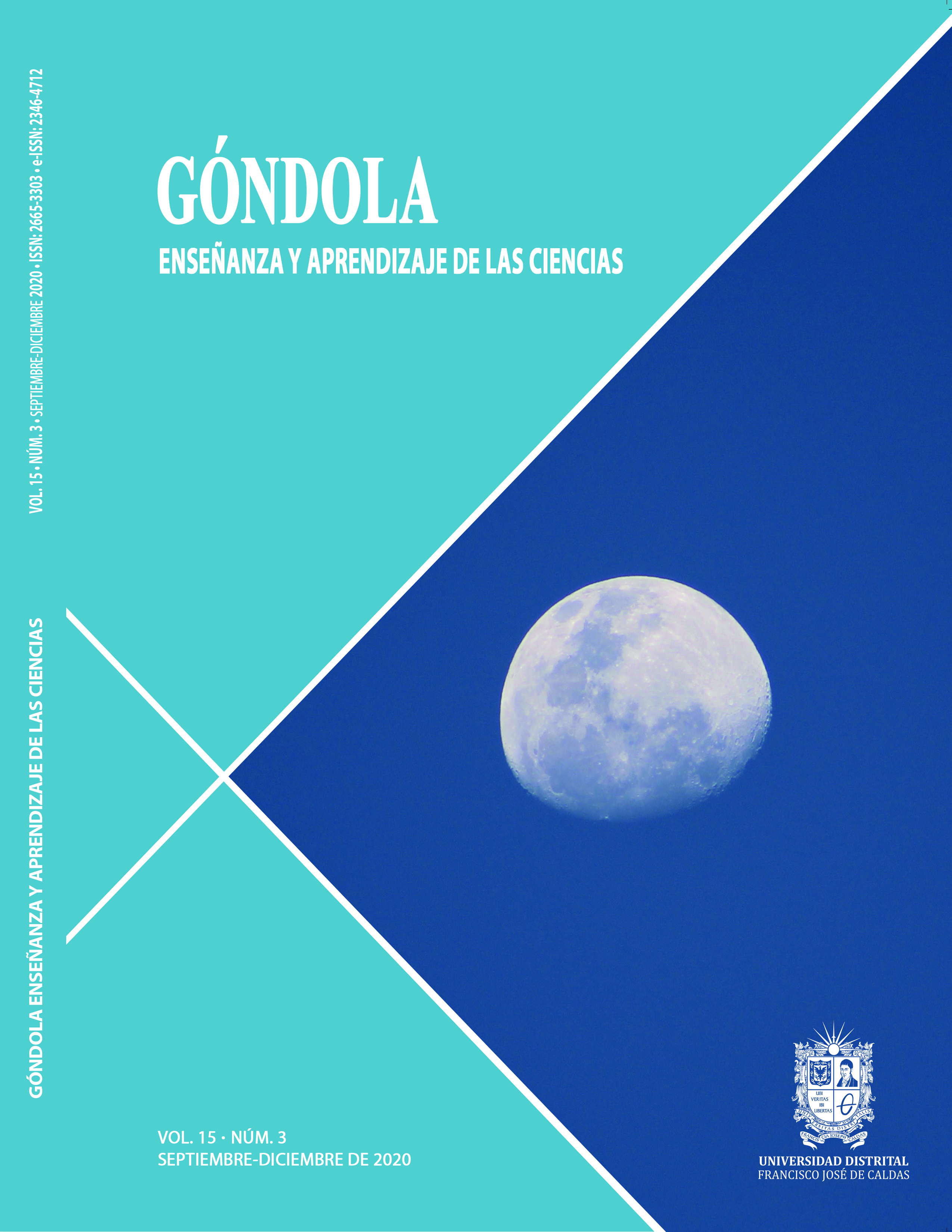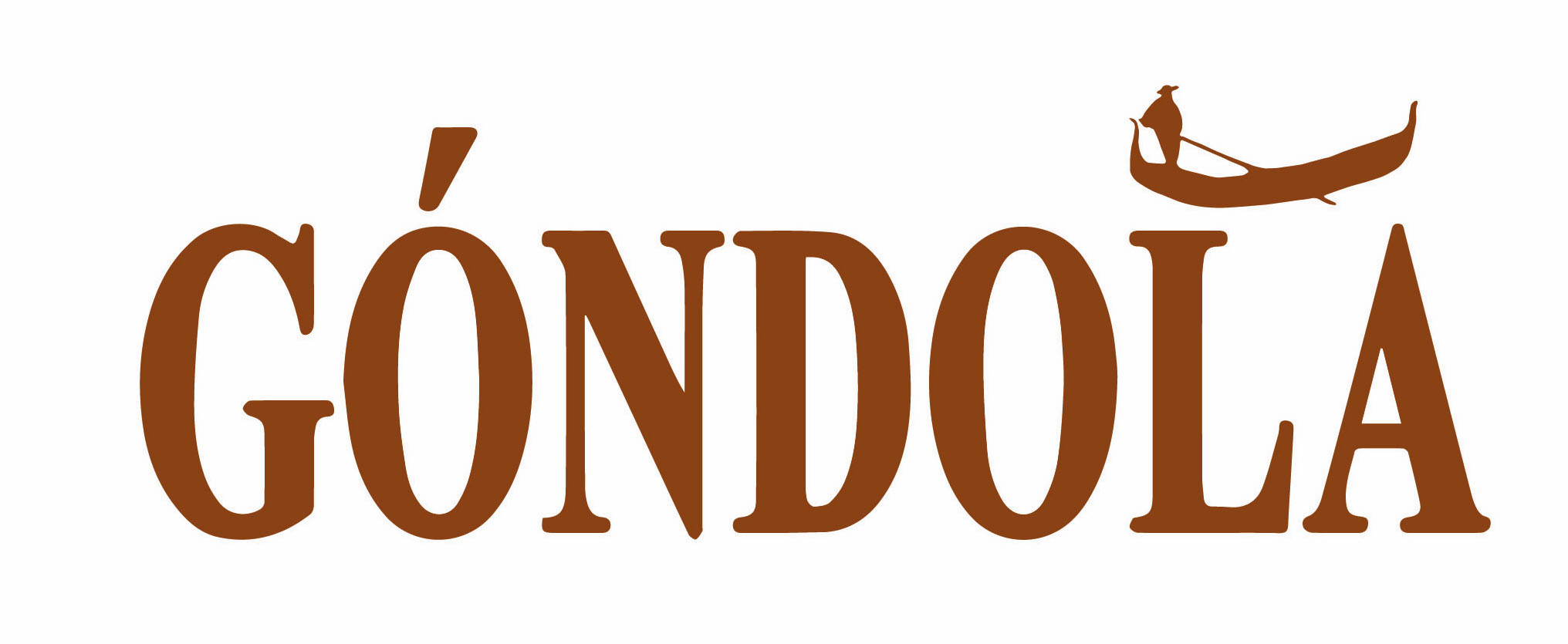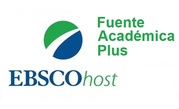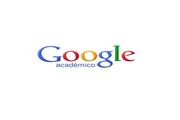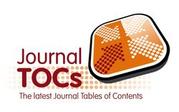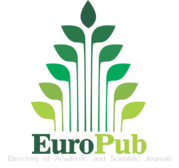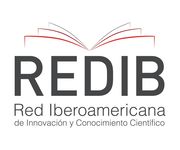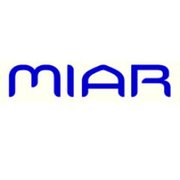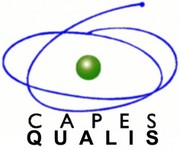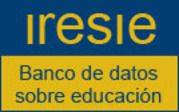DOI:
https://doi.org/10.14483/23464712.16973Published:
2020-09-01La evaluación educativa como tecnología
Educational Assessment as Technology
Avaliação educacional como tecnologia
Keywords:
Educational Assessment, Technology (en).Keywords:
evaluación educativa, tecnología (es).Keywords:
avaliação educacional, tecnologia (pt).Downloads
Abstract (es)
Estamos viviendo una época en que la evaluación ha adquirido un gran protagonismo en los sistemas educativos de todo el mundo; algunos consideran que este interés responde sobre todo a la necesidad de rendición de cuentas de la forma en que se administran los recursos públicos que la sociedad destina para la operación de los sistemas escolares y su relación con los resultados obtenidos de acuerdo con los objetivos esperados. Las recientes crisis económicas no han hecho más que enfatizar este interés por una mayor vigilancia y control de la escuela. Esta obsesión por la racionalización es de vieja data; su génesis se podría situar en el advenimiento de la sociedad industrial del siglo XIX en los países occidentales, donde el énfasis estaba puesto –y continúa estando– en lograr la máxima eficiencia y eficacia de los sistemas educativos.
Abstract (en)
N/A
Abstract (pt)
N/A
References
HARGREAVES, A.; SHIRLEY, D. La cuarta vía. El prometedor futuro del cambio educativo. Octaedro. Barcelona: España. 2012.
LINN, R. L. Current perspectives and future directions. In: LINN, R. L. (ed.). Educational Measurement. 3a. ed. Macmillan. Nueva York: EE. UU. 1989.
MACKINNON, N. Comment The Times Educational Supplement Scotland, June 25th. 2010. Disponible en: http://www.tes.co.uk/article.aspx?storycode=6048653
RAVITCH, D. The death and life of the Great American School System: how testing and choice are undermining education. Basic Books. Nueva York: EE. UU. 2011.
How to Cite
APA
ACM
ACS
ABNT
Chicago
Harvard
IEEE
MLA
Turabian
Vancouver
Download Citation
License
Gondola, Ens Aprend Cienc. is an open-access publication, free of charge for authors and readers. The publication, consultation or download of the contents of the magazine does not generate any cost for the authors or the readers, since the Francisco José de Caldas District University assumes the expenses related to edition, management and publication. The peer evaluators do not receive any economic retribution for their valuable contribution. The work of all the actors mentioned above is understood as a contribution to the strengthening and growth of the research community in the field of Science Education.
As of December 1, 2018 the contents of the journal are published under the terms of the Creative Commons License Attribution-Noncommercial- ShareAlike 4.0 International (CC-BY-NC-SA 4.0), under which others may distribute, remix, retouch, and create from the work in a non-commercial way, give credit and license their new creations under the same conditions.
The copyright holders are the authors and the journal Gondola, Ens Aprend Cienc. The holders retain all rights without restrictions, respecting the terms of the license in terms of consultation, downloading and distribution of the material.
When the work or any of its elements is in the public domain according to the applicable law in force, this situation will not be affected by the license.
Likewise, we encourage authors to deposit their contributions in other institutional and thematic repositories, with the certainty that culture and knowledge is a good of all and for all.

